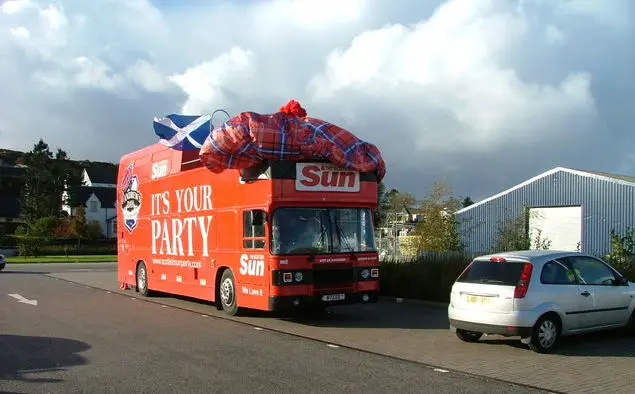Jonathan Dodd‘s latest column. Guest opinion articles do not necessarily reflect the views of the publication. Ed
I’ve been thinking about newspapers, in conversation on twitter recently. Or as far as twitter can be used for conversation. I was asked to justify my contempt for some of our so-called newspapers, and it struck me that here was another thing that I feel passionately about but I’ve never put into words before.
Ever since I changed from a naive child to a callow youth and started questioning everything, I’ve come up against terms that are sloppy or downright misleading. There are big things, like the difference between ‘Communism’ and the things done by people who called themselves ‘The Communist Party’ in Russia, and smaller things, like the word ‘newspaper’.
Peruse the Test scores
The more I think about it, the more it seems there are two distinct things here, both labelled ‘newspaper’. In general, if you’re interested in what’s happening in the world, or finance or politics, or if you want to read reviews of books or films, or even want to peruse the Test scores, you’re more likely to buy a ‘newspaper’ that has a lot of words in it.
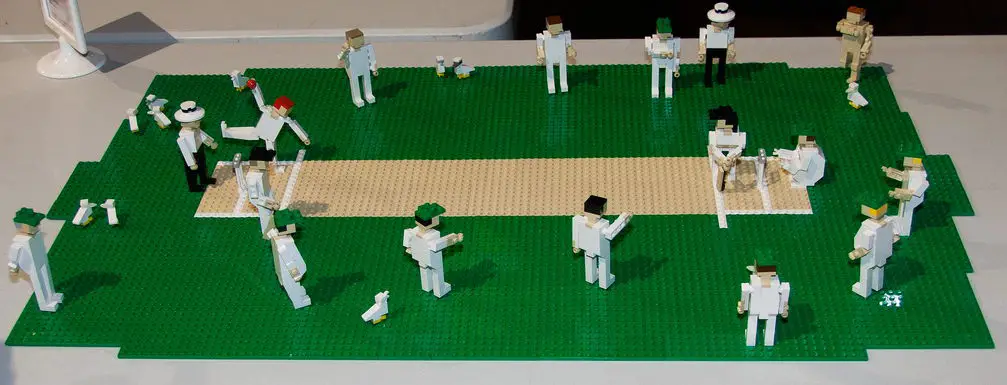
On the other hand, you may be less interested in politics and the arguments for or against staying in the EU, or whether culling badgers would actually cure bovine TB or not. Your curiosity might easier be attracted by pictures of famous people being unfaithful or having clothing mishaps, or spectacular goals or fouls.
Words and pictures in different proportions
Or it might be that you’re always looking for miracle pills or easy dietary short-cuts to health or fitness, or you might be ready to explode with anger at the antics of foreigners or the unemployed or, indeed, badgers. There are many varieties of ‘newspapers’ on the shelves jostling for space and eager to be bought.
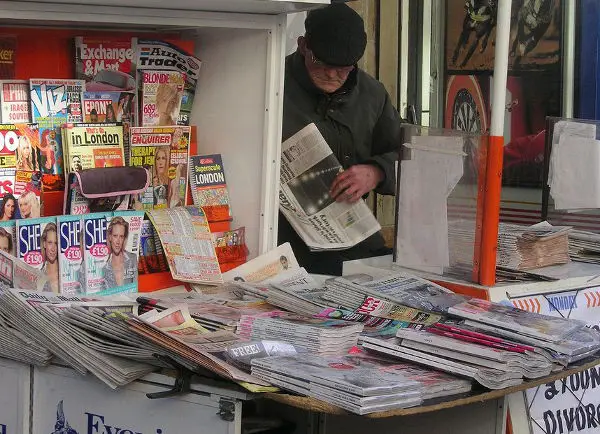
I’m not suggesting the things in any one of these publications are better or worse than in any other. I am not prejudiced in this way. The thing I’m saying is that they aren’t all ‘newspapers’. Yes, they’re all made of paper, or at least a high-tech equivalent. Yes, they all contain words and pictures in different proportions, but no, only some of them are there to impart ‘news’.
Things that need to be told
Now I have to think about what ‘news’ is. I came up with a definition that requires newspapers and journalists to tell stories and report facts and events as they witness them. Opinions and comments about the stories might appear, separately, elsewhere in a ‘newspaper’. On this basis it’s fairly easy to separate actual ‘newspapers’ from the others.
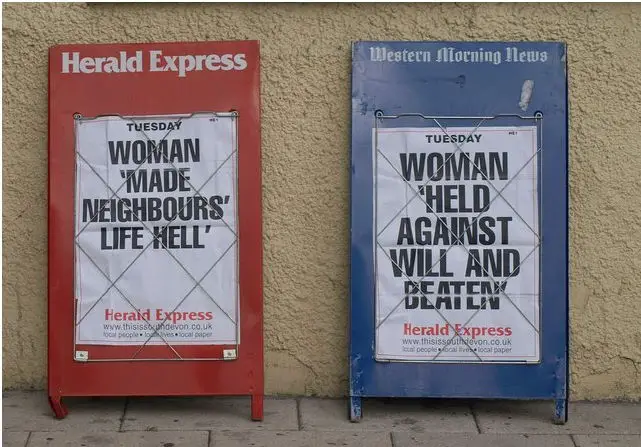
Another element of news is its relevance and importance to the lives of its readers and those involved. Some news is about things that need to be told – wars, natural disasters, man-made disasters – and good news too. Peace breaking out, new technologies, the cures for diseases.
Beyond the end of our street
News is also important for us to be able to judge the quality and performance of our leaders and role models in various fields. There may be questions they don’t want to answer, lies and cover-ups in politics and business, and malpractice and corruption that need to be exposed.
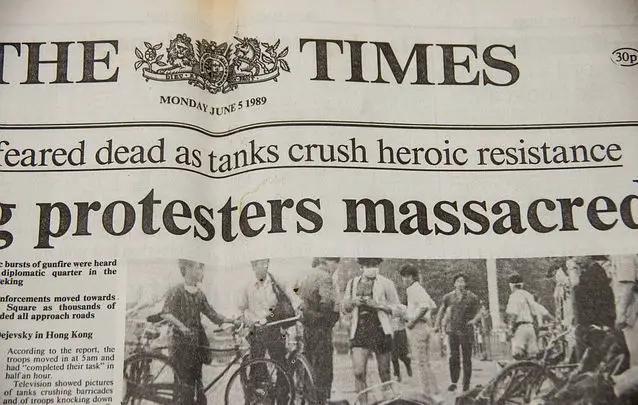
How else are we to know what’s happening beyond the end of our street? How else can we think of ourselves as citizens of the planet rather than being suspicious of foreigners and those who practise different customs and clothing and beliefs?
The ‘public good’
I have a huge regard for journalists and for publications that work tirelessly for the ‘public good’. The ‘public good’, by the way, being you and me and the preservation of precious freedoms that previous generations fought so hard to establish.
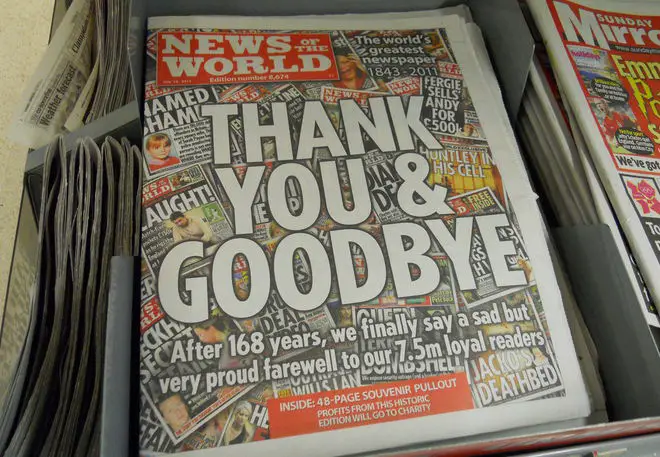
On the other hand there are those who call themselves reporters who tap our phones and pay police for stories, who care only for the salacious, who ruin the lives of ordinary people by pursuing and harassing them and occasionally accusing them incorrectly of crimes or evil practices.
The freedom of the press
I know these people have always existed, and the stories and photos they publish sell far more than actual ‘newspapers’, and I agree totally with the freedom of the press, but I just want to stop them pretending that their publications are ‘newspapers’.

Can we have another name for them please, so that they can stop pretending that they’re serious journalists rather than hacks working for publications whose sole interest is making as much profit as possible? We know who they are, they themselves know who they are, let’s just be honest about it.
Giving them what they want
I’d like them to have a good name, because it’s a trade and a skill to come up with those headlines and those revealing photos, and they’re very good at identifying their core demographic and giving them what they want.
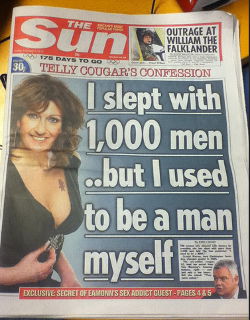 For want of a better word, I shall call them ‘the press’. We could then have two kinds of people working for them. The Journalists could be those who work for ‘newspapers’, and the Reporters could work for ‘the press’. They could have different–coloured cards.
For want of a better word, I shall call them ‘the press’. We could then have two kinds of people working for them. The Journalists could be those who work for ‘newspapers’, and the Reporters could work for ‘the press’. They could have different–coloured cards.
Serious questions about their policies
If, then a visiting head of state was going to ‘meet the journalists’, they would be asked serious questions about their policies and the discussions they were holding with the host government. They would be free to talk to the members of ‘the press’ too, if they also wanted some light-hearted banter about their love of sport or their leisure activities.
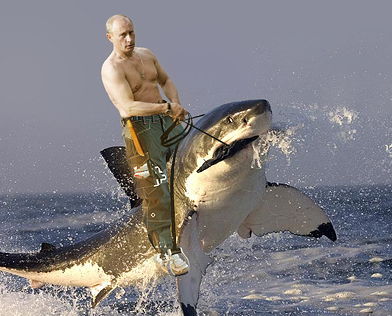
Likewise, government ministers making speeches, especially women ministers, would be able to talk about the important issues without being bothered by questions about how much their shoes cost or why they looked ‘frumpy’. Let’s face it, you can’t take a woman politician seriously if she’s hanging on to the right handbag, can you?
Present at their latest stunt
In the same way, aspiring actresses could phone up any ‘press’ editor and ensure a horde of ‘reporters’ and paparazzi would be present at their latest stunt, whatever it might be, and anyone famous could expect just as much attention if they transgressed in their private lives, but their serious lapses would be written, but only their serious job-threatening lapses would appear in the ‘newspapers’.
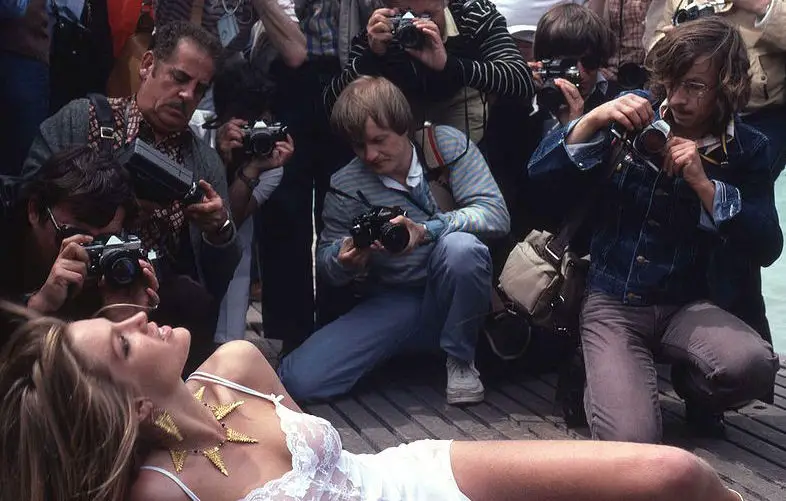
Above all, we would be spared those embarrassing moments on News programmes where the presenters would talk about ‘Tomorrow’s Papers’, discussing earnestly the government and the economy and retail trends, and then that awful pause when someone would have to say – ‘And in the Star, there’s more talk about the size of…’
As long as it doesn’t interfere with the facts
My twitter correspondent and I were discussing whether it would be possible to write ‘news’ entirely without bias of any kind. I agree with that, but a little bias is not necessarily a bad thing, as long as it doesn’t interfere with the facts. Besides, any discerning reader knows that you should read at least two accounts of any event to get a more balanced view.
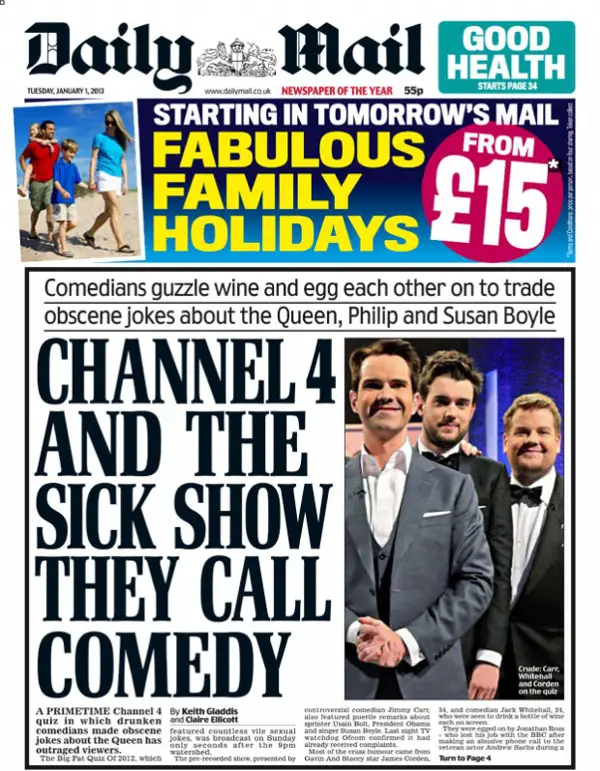
As any writer knows, whatever you struggle to write, if you’re lucky enough to be published anywhere, is going to be read by people all too eager to overlay your precious words with their own beliefs and prejudices and other emotional responses. I think our ‘newspapers’ should just try to tell the truth, as much as possible, and leave all that opinionated stuff to ‘the press’.
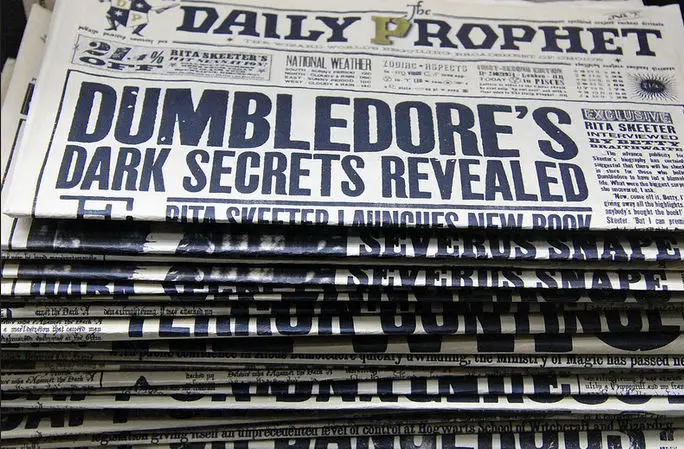
And anyway, there is absolutely no truth in any of those rumours going the rounds about me. No comment!
If you have been, thank you for reading this.
Image: Dave Fergusson under CC BY 2.0
Image: tdm911 under CC BY 2.0
Image: Eloquence under CC BY 2.0
Image: Derek Harper under CC BY 2.0
Image: sandid under CC BY 2.0
Image: raver_mikey
under CC BY 2.0
Image: ssoosay under CC BY 2.0
Image: raver_mikey under CC BY 2.0
Image: jedimentat under CC BY 2.0
Image: Ericd@enwiki under CC BY 2.0
Image: Public domain
Image: karen_roe
under CC BY 2.0

